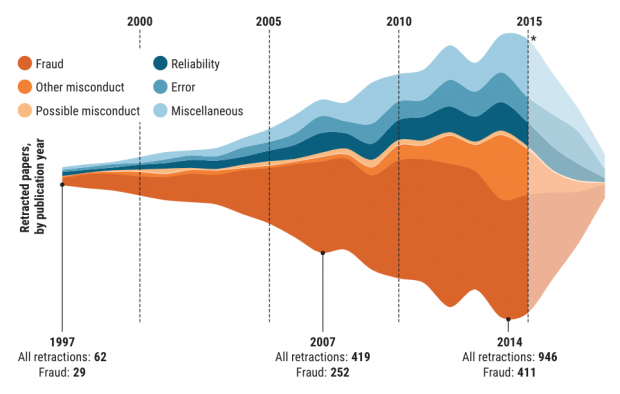It is hard to believe – but after research paper mills there are now also review mills
What I eventually found was a Review Mill, a set of 85 very similar review reports in 23 journals published by MDPI (Agronomy, Antibiotics, Applied Sciences, Atoms, Biomimetics, Biomolecules, Cancers, Catalysts, Chemistry, Coatings, Electronics, International Journal of Molecular Sciences, Journal of Clinical Medicine, Journal of Personalized Medicine, Materials, Metals, Molecules, Nutrients, Pathogens, Polymers, Prothesis, Sensors and Water) from August 2022 to October 2023, most of the time with coercive citation, that is, asking authors to “cite recently published articles” which were always co-authored by one or more reviewers of the Review Mill.

